Hackers988 Archives malware, thieves, today's Android users are facing more threats than ever before. As such, your device's security has never been more important. Here are some of the best practices for securing your phone, along with a few helpful tips that could make your life easier.
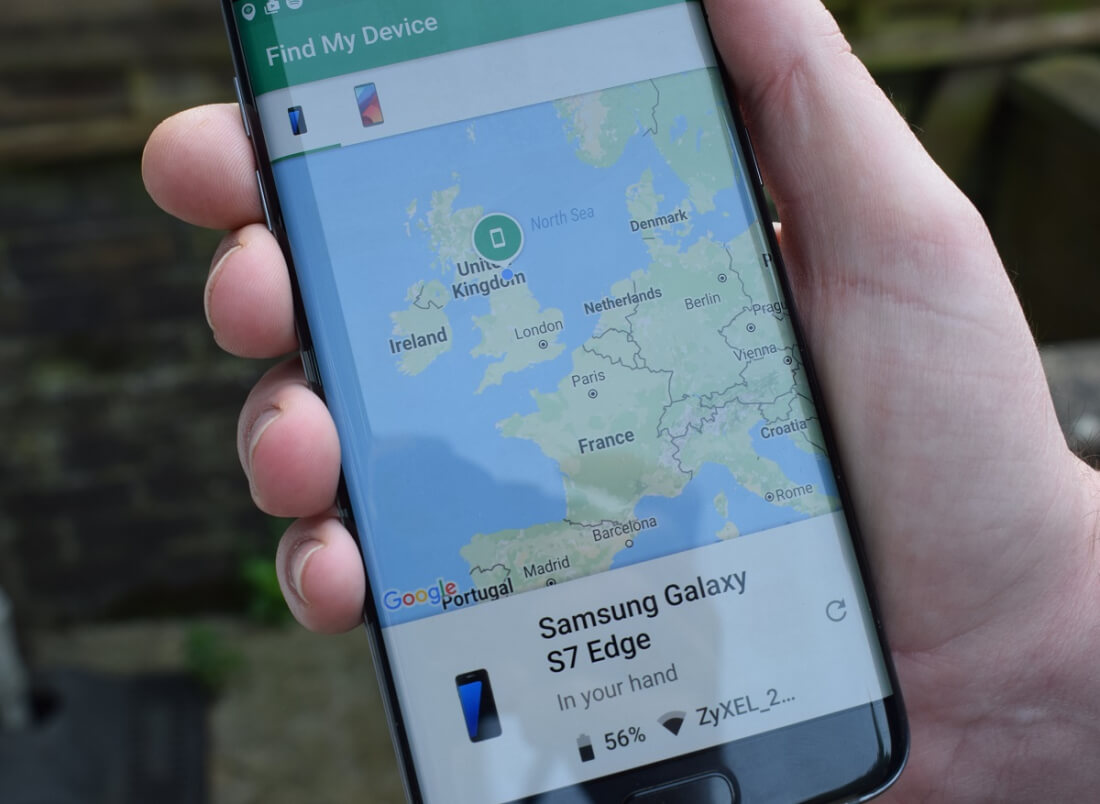
The prospect of losing our smartphones, or having them stolen, fills us with dread. For those that don't lock their devices (something we'll get to later), it brings the risk of someone accessing their accounts for nefarious purposes. All of which are good reasons why you should use Google's 'Find My Device' app, which until recently was called Android Device Manager.
Once it's set up, you'll be able to locate your handset (providing it's turned on and has a wireless signal) and ring, lock, or wipe the phone. It's a feature you'll be grateful for if the worst ever happens.
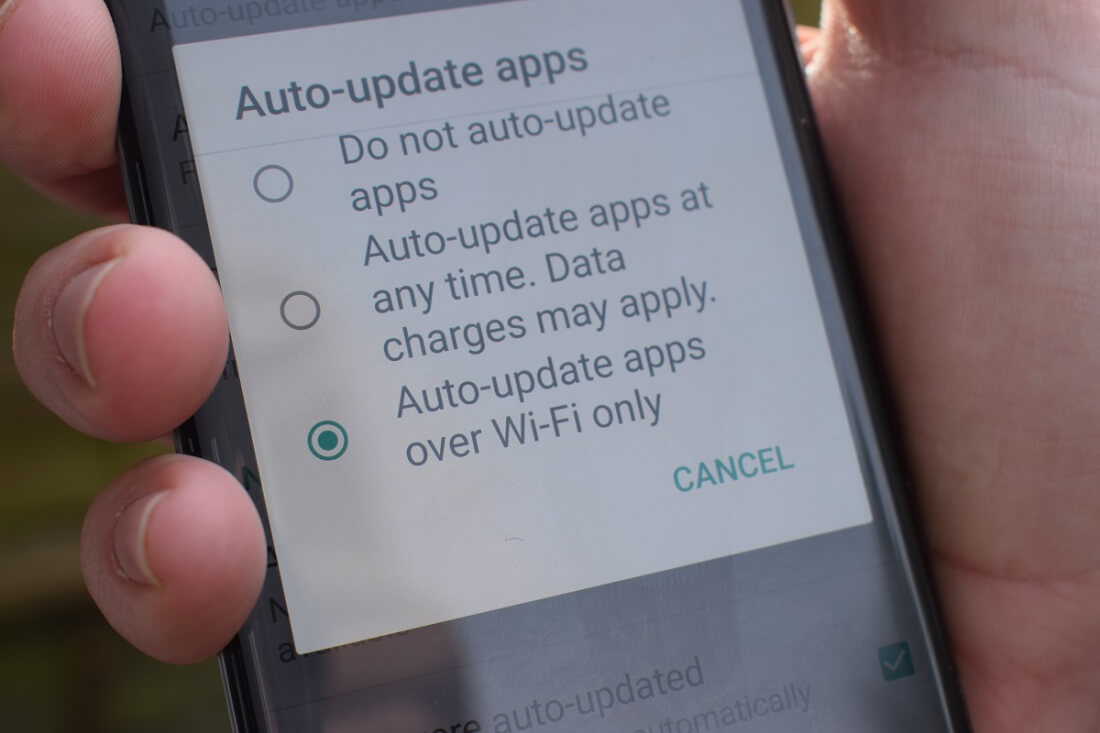
It may sound obvious, but you'd be surprised at how many people don't keep their Android operating system and apps up to date. Doing so means Google can patch newly discovered vulnerabilities in the OS, while devs can remove bugs and secure their applications.
In the Play Store, go to Settings > Auto-update apps and choose to either update any time or Wi-Fi only. To keep Android up to date, search for Software Update in the Settings menu (its location can vary depending on the phone) and make sure automatic downloads are switched on.
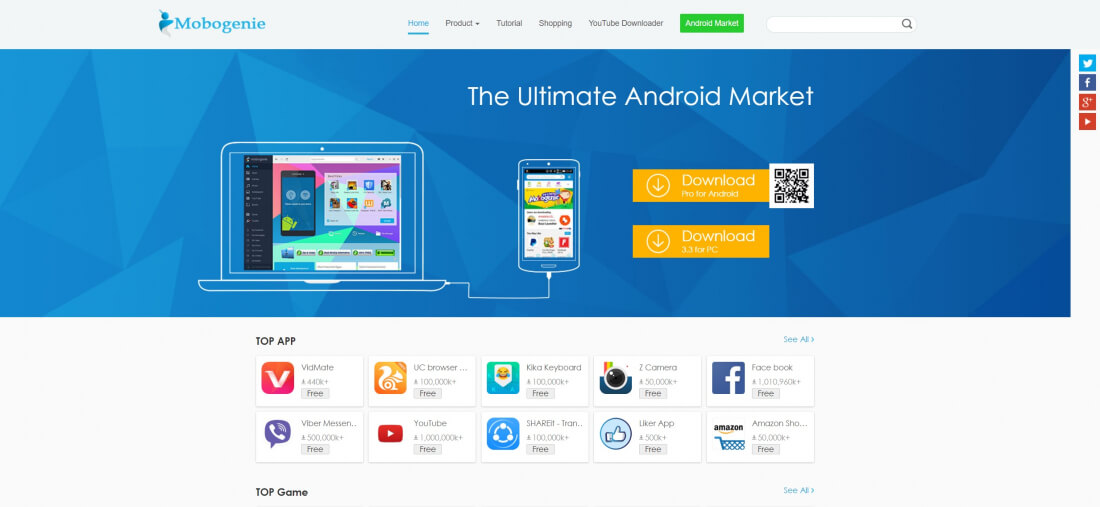
While there are trustworthy third-party websites and app stores outside of Google's, such as Amazon's app store, there are those places where downloading software comes with a massive risk. Google works hard to stop malware-loaded apps from appearing in its store, which is why the 'Allow unknown sources' option that blocks downloads from elsewhere is disabled by default. Unless you know what you're doing, you may want to avoid sideloading.
Probably the most basic yet important security feature is one that often gets ignored. Typing in a PIN code or pattern every time you want to use your phone can be annoying, true, but the hassle is worth it should the device ever be stolen or lost. Plus, a huge number of handsets now come with easy-to-set-up fingerprint scanners, so there's no excuse not to use the feature.
Go to Settings> Lock Screen and Security > Screen Lock Typeto set up the system you want to use. It's also advisable to activate the 'lock automatically' feature, which locks the screen five seconds after it turns off automatically.
Smart Lock is possibly one of the most useful yet underutilized Android features. It offers a number of ways to keep a device unlocked, or automatically unlock it without having to use a fingerprint/PIN/pattern. How to access it varies depending on your Android version, but in the latest OS version Nougat, it's underLock Screen and Security > Secure Lock Settings.
There are five unlocks method on offer of which we'd recommend you to skip Trusted Voice and Trusted Face, these three are relatively proven to make your life easier, while still having your phone secured most of the time.
When you're out and about, it's helpful for your handset to stay unlocked while it's on your person. This means when you pull the device out of your pocket/bag, or even if you're carrying it around in your hand, it will be instantly accessible. The system uses the phone's accelerometer, so it's not available on every Android device. Once a handset detects it has been set down, it will lock.
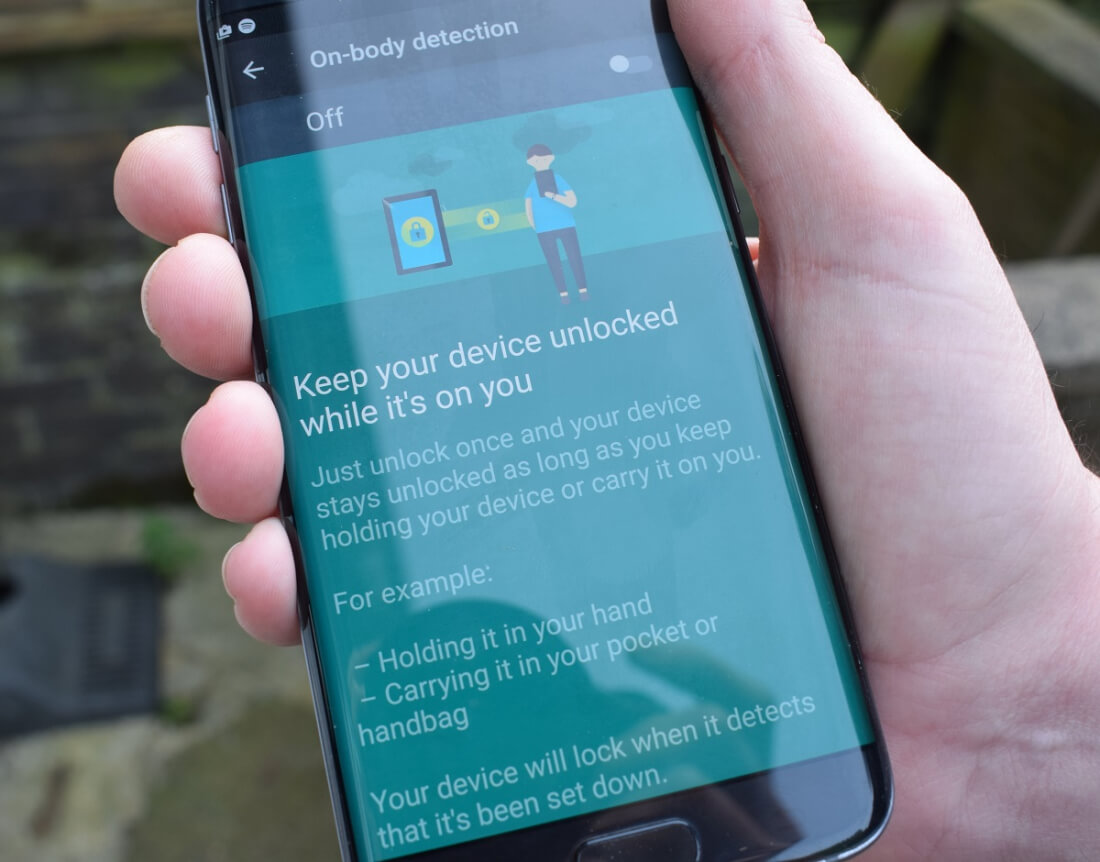
Assuming you live/work with people you trust, or alone, then you might want to consider Smart Lock's Trusted Places feature. As the name suggests, it allows owners to designate locations where a handset will remain unlocked while it's in the relatively close vicinity. It works best with a Wi-Fi connection, and Google recommends that high-accuracy or battery-saving location mode is turned on. Trusted Places works on estimates, meaning a device could remain unlocked within a radius of up to 80 meters from a set position.
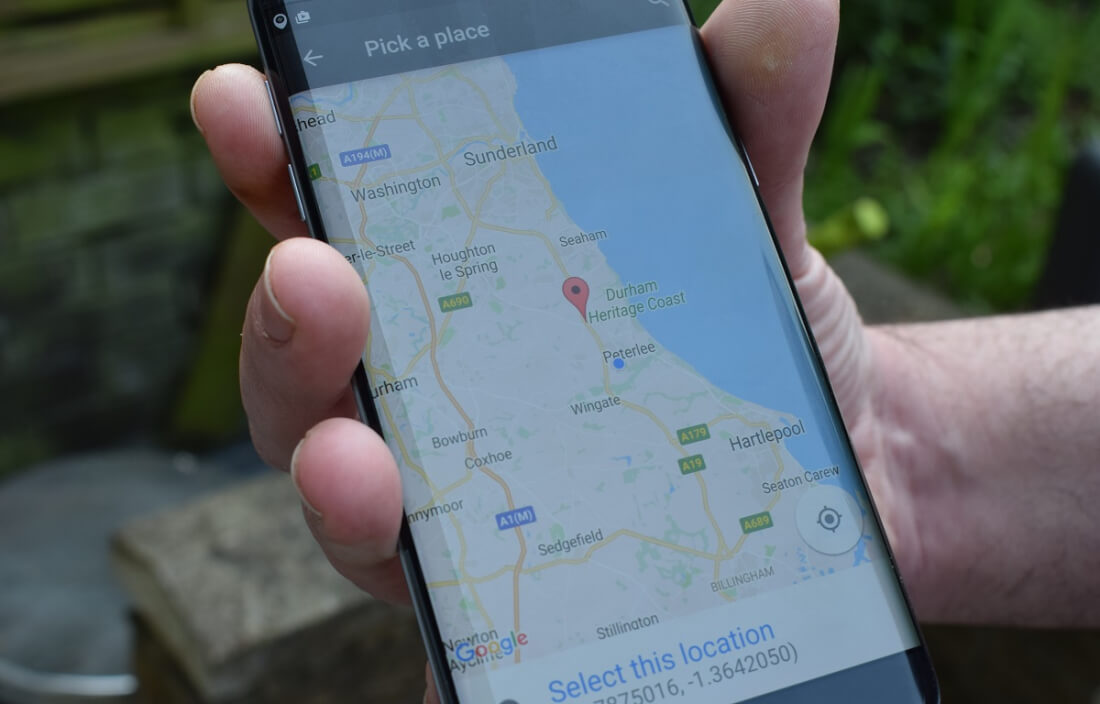
Similar to Trusted Places, this keeps your Android device unlocked whenever it is near a chosen device. It's most useful when pairing a handset with Bluetooth watches, Fitness trackers, and car infotainment systems. I use it so my car's ready to play Spotify from my phone as soon as I climb in. Always make sure you're using a trusted Bluetooth device, though your phone will notify you if it can't determine that you're using a secure connection.

(From our previous tip on little known useful Android features)A less restrictive option for when you need to share your device is enabling Android's native guest account. The guest profile can do most of the same things as the device's owner, but the apps on the device won't be connected to your account, keeping files and messages safe from prying eyes.
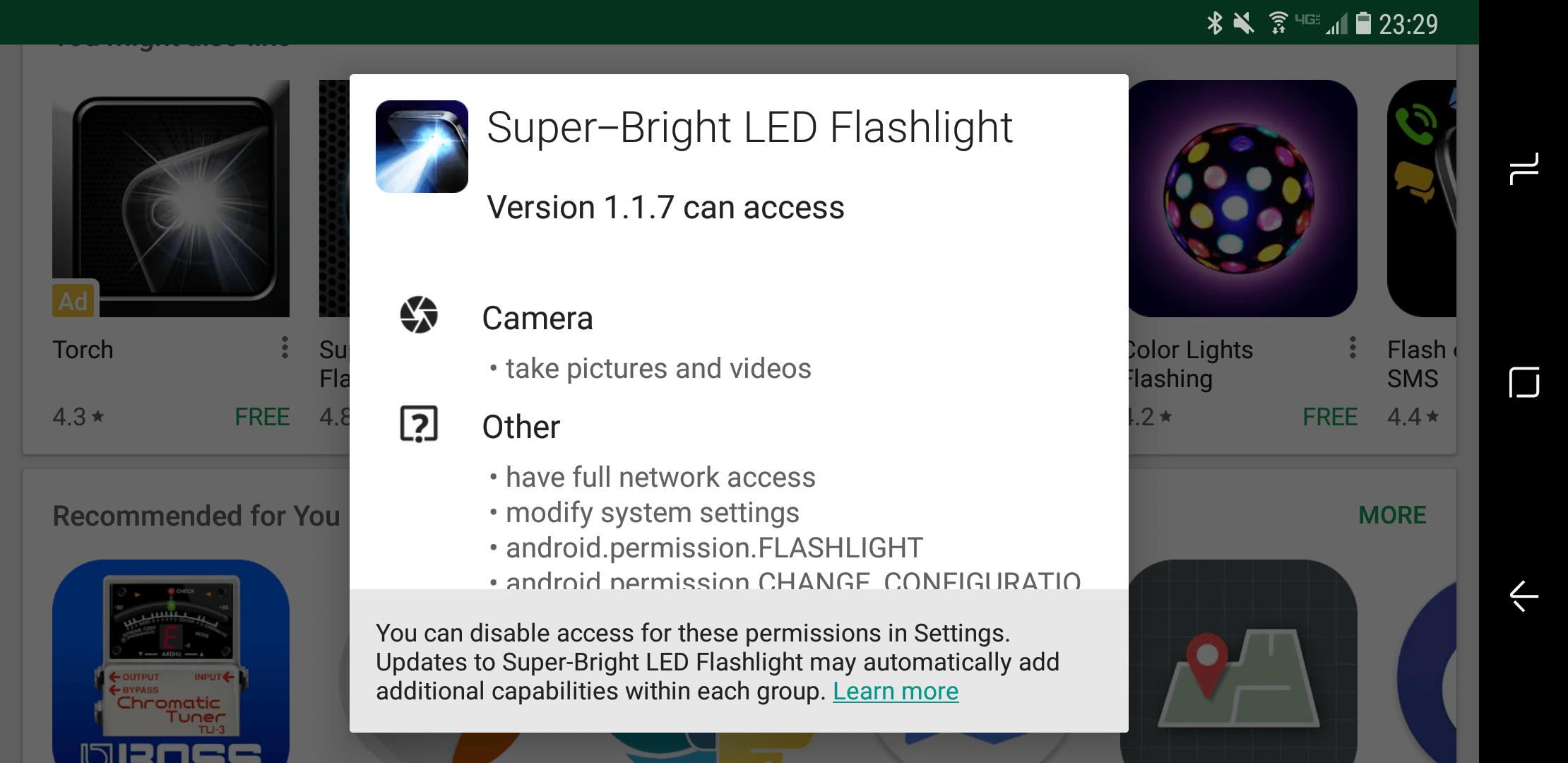
Android may be a tad annoying about asking for your default app the first time you open a new type of file and app permissions the first time a certain app wants access to something stored in your phone, but once you're set up, it's a blessing when you think about the privacy implications.
For example, Instagram will ask access to the camera, Whatsapp will want to see your contacts, or Waze will ask for location services, however for other less essential functions, you get control about what you want permission to. For example, with very few exceptions I never allow games to access my contacts or other personal information.
Also, you may have missed that the Play Store gives extra information about app permissions, which may come handy before you even install a certain app.
Enabling two-factor authentication and leveraging Google Authenticator is always a good idea for important accounts. Not connecting to unknown Wi-Fi networks is to say the least a good practice. And lastly, though we're not big fans of antivirus suites on phones, but you should know there are plenty of paid-for and free options from big industry names like Norton, Bitdefender, Kaspersky, and Avast, along with some excellent lesser-known products such as AVL and, my personal favorite, Sophos.
On the third week of every month, we'll publish 5 killer tech tips, one for each day of the week for a given app, service, or platform. This month we're covering Android.
 The EPA axed its climate change websites, but NASA's are still intact
The EPA axed its climate change websites, but NASA's are still intact
 Lime pulls faulty e
Lime pulls faulty e
 Simone Biles' 'Brazilian boyfriend' warns Zac Efron to back off
Simone Biles' 'Brazilian boyfriend' warns Zac Efron to back off
 Everything we know about the 'Game of Thrones' prequel series
Everything we know about the 'Game of Thrones' prequel series
 Amazon Book Sale: Shop early deals now
Amazon Book Sale: Shop early deals now
 'Fortnite' partners with the NFL and it's honestly kind of gross
'Fortnite' partners with the NFL and it's honestly kind of gross
 Hackers put private messages from 81,000 Facebook accounts up for sale
Hackers put private messages from 81,000 Facebook accounts up for sale
 Horrifying sorority recruitment video will haunt your dreams
Horrifying sorority recruitment video will haunt your dreams
 Cheerleader takes a knee in protest before an NFL game
Cheerleader takes a knee in protest before an NFL game
 Contingent No More
Contingent No More
 A Queen superfan's review of 'Bohemian Rhapsody'
A Queen superfan's review of 'Bohemian Rhapsody'
 Everything we know about the 'Game of Thrones' prequel series
Everything we know about the 'Game of Thrones' prequel series
 The Eye of Sauron loomed over San Francisco for Halloween
The Eye of Sauron loomed over San Francisco for Halloween
 Astronomers saw one galaxy impale another. The damage was an eye
Astronomers saw one galaxy impale another. The damage was an eye
 Palau is the world's first country to ban sunscreen toxic to coral reefs
Palau is the world's first country to ban sunscreen toxic to coral reefs
 San Francisco Google employees walk out in protest of sexual harassment
San Francisco Google employees walk out in protest of sexual harassment
 Trump could become Mr. Brexit
Trump could become Mr. Brexit
 Today's Hurdle hints and answers for April 17, 2025
Today's Hurdle hints and answers for April 17, 2025
 Could Trump's campaign shake up signal a big move into media?
Could Trump's campaign shake up signal a big move into media?
Dolphins appear to enjoy watching television, just like youElon Musk dismisses claims that moving to Mars is an 'escape hatch for rich people'Best home deal: Get 25% off sitewide during the Brooklinen 10th Anniversary SaleTrump administration changes EPA website to be kinder to frackingNYT's The Mini crossword answers for April 25WeChat Pay tests new installment payment credit product named Fen Qi · TechNodeRenault to cut costs amid competition with Chinese counterparts · TechNodeTikTok establishes data center in Ireland to store European user data · TechNodeHow to transfer iPhone to iPhoneBest Amazon Echo Show deal: Get a refurbished Amazon Echo Show 15 without remote at Woot!.CATL to produce superfast charging LFP battery in Germany and Hungary · TechNodeNYT's The Mini crossword answers for April 25Tesla accuses Chinese firm of unfair competition and tech infringement · TechNodeTSMC leads global wafer foundries in a sluggish Q2 · TechNodeTesla Model 3 Performance is here. Here are 5 things that make it great, and 3 drawbacks.NYT's The Mini crossword answers for April 24SpaceX's BFR has a new name. Elon Musk is calling it Starship.WeChat Pay introduces palmSRH vs. RCB 2024 live stream: Watch IPL for freeSpaceX launches and lands the same Falcon 9 rocket for the third time Sheltering in Place with Montaigne by Drew Bratcher The Origins of Scandinavian Noir by Wendy Lesser The Phony Warrior by Yoshiharu Tsuge Cooking with Giovanni Boccaccio by Valerie Stivers Out of the Cradle Endlessly Revising by Mark Doty Inside Story: What Spot? by Jenny Boully Quarantine Reads: The Anatomy of Melancholy by Dustin Illingworth Jericho Brown Reads His Pulitzer Prize–Winning Poems by The Paris Review The Land Empty, the World Empty by Jean Giono The Art of Distance No. 9 by The Paris Review The Celebrity Chef of Victorian England by Edward White Poets on Couches: Saskia Hamilton by Saskia Hamilton The Fascinating Origins of Greyhound Racing by Michael LaPointe Redux: Landing without Incident by The Paris Review Poets on Couches: Mark Wunderlich by Mark Wunderlich Family Photographs by Beth Nguyen Inside Story: A Wrinkle in Time by Derek Palacio The ‘Lord of the Flies’ Family Book Club by Darin Strauss The Winners of 92Y’s 2020 Discovery Poetry Contest by The Paris Review Quarantine Reads: The Book of Disquiet by Eddie Grace
2.5199s , 10157.34375 kb
Copyright © 2025 Powered by 【1988 Archives】,Openness Information Network